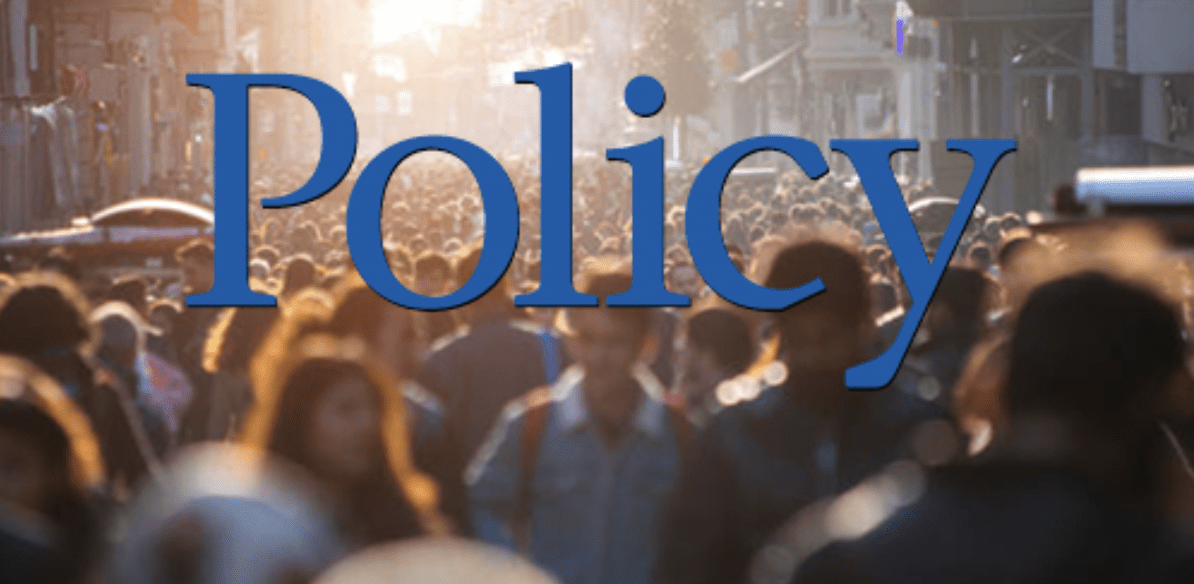Online Series: The Political Economy

Welcome to our Policy package of must-read pieces on the role the economy could play in the US presidential election in November and in Canada’s pre-election political context heading into the 2025 (or sooner) election. Has the conventional wisdom dating back to James Carville’s 1992 exhortation that “It’s the economy, stupid” been nuanced by post-pandemic uncertainty and populist politics, or will economic issues still dictate electoral outcomes on both sides of the border? Our contributors look at where things stand now, and what that could mean in the months ahead.
June 20, 2024
First, from The Institute of Fiscal Studies and Democracy, IFSD summer student Kam Haq and Kevin Page — former Parliamentary Budget Officer, now IFSD President and regular Policy contributor — compare the US and Canadian economic indicators most likely to influence voter behaviour. “In 1849, French writer Jean-Baptiste Alphonse Karr wrote ‘Plus ça change, plus c’est la même chose’, write Haq and Page. “It was about the same time John Stuart Mill published The Principles of Political Economy. Mill could not imagine disconnecting the study of the economy and politics. With elections upcoming in Canada and the US, politics and the economy are likely to connect.” Here are Kam Haq and Kevin Page with, The Political Economy: A Tale of Two Elections.
From regular Policy contributors former Privy Council Clerk Kevin Lynch and former White House economic aide Paul Deegan, a look at the geopolitical factors influencing economic variables in Canada and the United States in our post-pandemic political context. “There is little doubt that this is one of the most fraught periods in at least half a century,” write Lynch and Deegan, “and history teaches us that successfully managing pivotal moments such as this requires strong leadership, strategic vision, and a willingness to make tough choices.” Here are Kevin Lynch and Paul Deegan with, The Geopolitical Economy: Nationalism, Populism and a New ‘Yes, We Can’.
From Schulich School of Business Strategic Management guru and Policy contributor Charles McMillan, an analysis of what ails Canada’s economy, from lagging innovation to anemic growth, and how those issues are feeding a sense of voter malaise. “Without a retooling of priorities and an urgent mindset with less emphasis on short-term spending for consumption,” writes McMillan, “leadership in all sectors – governments, the private sector, and universities – face an inflection point where warning signs are overlooked, amid a false sense of overconfidence that borders on quixotic.” Here’s Charley McMillan with Addressing Canada’s Complacency Trap.
Visit us at Policy Online, where you’ll find our latest Policy Specials, Columns, Dispatches, Analysis, Book Reviews, Verbatim sections, plus The Week in Policy and all our posted print issues.
